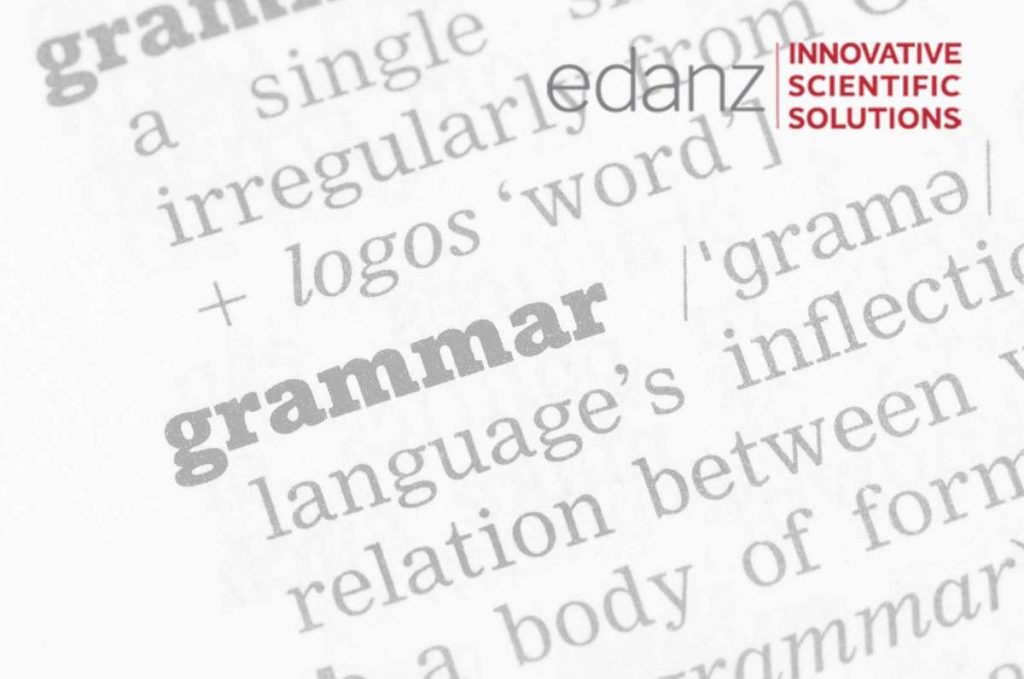“While” can mean “at the same time”, but, as is often true in English, there are more ways to use it. Learn them and you’ll sound even smarter. Start with this quiz.
Which of the following is/are correct in scientific writing?
- The undergraduates said they used social media everyday while the postgraduates said they used it once a week.
- While the students drafted their blogs they listened to classical music.
- The teacher gave examples of correct grammar to the students while editing their blogs.
- While the students edited their blogs many grammar errors remained.
The subordinating conjunction “while” introduces a subordinate (dependent) clause that depends on a main (independent) clause. Although “while” usually means at the same time as or during the time that, it also has other meanings, so the sentences above should be clarified to avoid ambiguity.
In (1), “while” implies that the two groups spoke at the same time, which may not be the case. The coordinating conjunction “and” could be used instead. If a contrast is meant, this can be emphasized with “but” or “whereas” instead of “while”, with a comma to help signal the difference (note that “everyday” as one word should be used only as an adjective; use two words for the adverb): “The undergraduates said they used social media every day, whereas the postgraduates said they used it once a week.”
In (2), we can clarify there are two parallel processes by putting the first verb in the progressive form and we can use a comma to separate the clauses: “While the students were drafting their blogs, they listened to classical music.”
Sentence (3) is ambiguous. It describes simultaneous actions and currently implies the teacher was editing. However, if the intended meaning is that the students were doing the editing, the sentence would be clearer as: “The teacher gave examples of correct grammar to the students while they were editing their blogs.”
The “while” in sentence (4) presents a concession to show something happened despite something else. To make this more obvious, we can use “although” instead of “while”, put the first part in the past perfect tense to show completion, and use a comma: “Although the students had edited their blogs, many grammar errors remained.” This sentence could also be turned around: “Many grammar errors remained, although the students had edited their blogs” but “while” cannot be used in this way.
Quick Tip
Which of these alternatives is correct?
The reviewer complained that the references were not (1) current / (2) currant.
“Currant” is incorrect because it is a noun meaning a dried grape (both currant and grape contain an “a”). Although pronounced the same, “current” can be a noun meaning flow of something, but here it is an adjective meaning recent or close to the present. Note that current, recent, and present all end in “-ent”.
Grammar and punctuation are among the top reasons for being rejected by a journal. To ensure the language in your manuscript is publication-ready you should have a native-English-speaking expert in your field edit for grammar, clarity, and accuracy of scientific expression.




